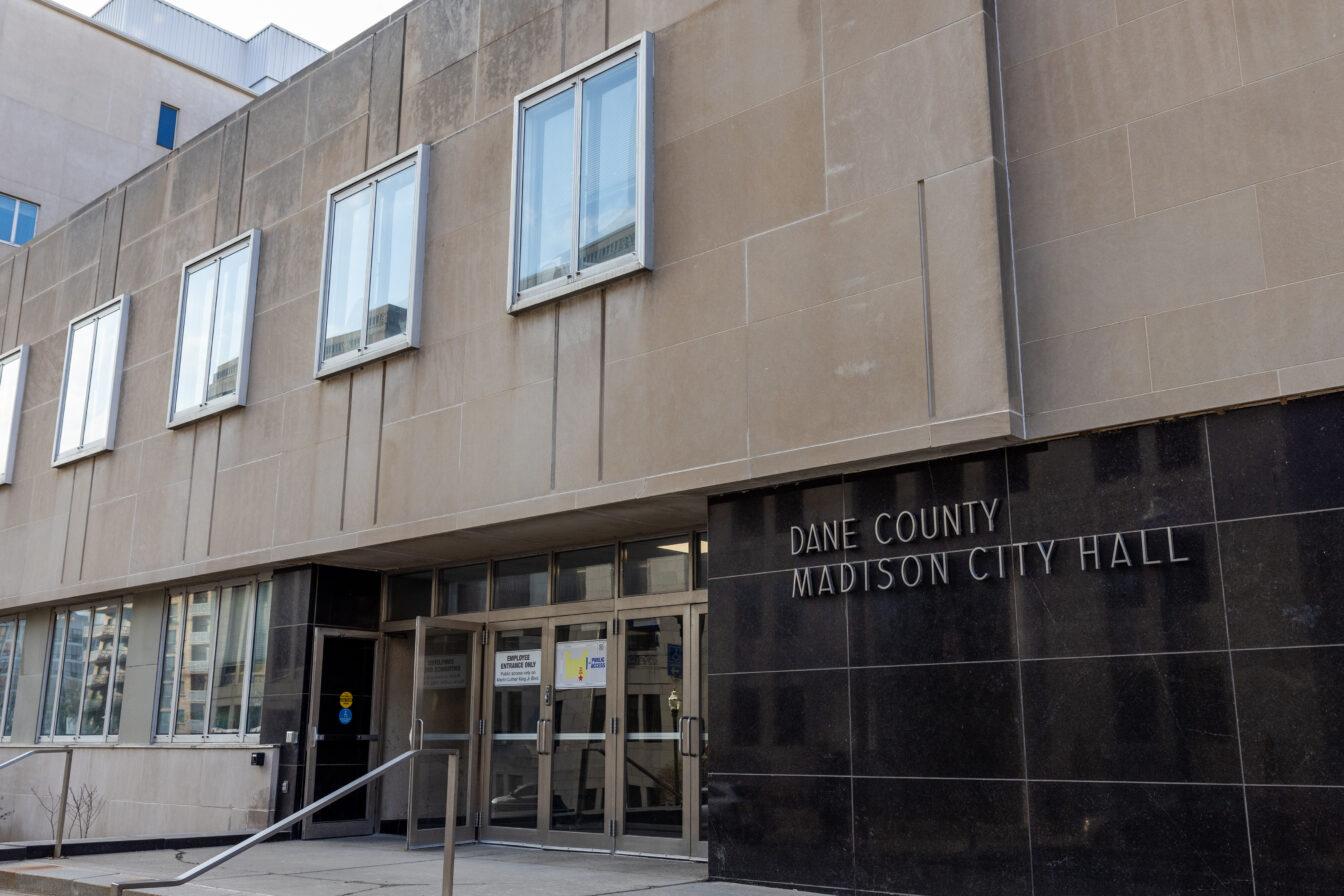Jan. 25, Dane County began accepting community applicants for the 2024 Partners in Equity Food Project Grant Program. The program, which seeks to support regional agriculture and foster land for sustainable food growth, is open to anyone within the community, but is specifically aimed at county individuals and smaller organizations, according to Dane County manager of policy program improvement Theola Carter.
Started in 2018, the grant has served as a way to encourage the development of food projects aimed at advancing equity and access within food systems in the community, according to the County of Dane website.
“What I would like to see is that every community and every person has the access to adequate and healthy food,” Carter said. “Food is so important for our health directly and hopefully with that comes nutritional education about what are healthy food options and what your body needs.”
This year, the grant has increased by $20,000 for a total of $40,000 to be distributed to the winning applicants, according to Carter. Applicants will be placed into two groups depending on the aims of the requests which will make them eligible for different grant amounts. Individuals placed into Group A will be eligible for requests up to $2,000 and individuals placed into Group B will be eligible for requests between $2,001 and $4,000.
Since the COVID-19 pandemic, there has been a significant increase in food insecurity, according to the Wisconsin Food Security Project. But citizens in Wisconsin have struggled with this issue even before this.
In the years leading up to the pandemic, Wisconsin children were at a higher risk of food insecurity than the national average, and the disparity observed between Black and white households in the state was one of the largest in the country according to the Wisconsin Food Security Project. This trend was only exacerbated by the pandemic, with approximately 7% of Wisconsin households reporting food insufficiency within the early months of 2020 according to the Wisconsin Food Security Project.
“We saw that [food insecurity] was more exacerbated,” Carter said. “… The [Dane] County Board of Supervisors and the food council saw a need for access to have more healthy options of food for families, and that there are certain areas in Dane County that experience having food deserts. So it [the program] was started to be an initiative or forward-thinking [way] to try and address the issues within the county.”
Organizations like the Food Recovery Network hope to combat food insecurity by redirecting leftover food back to the community. FRN is a University of Wisconsin student-led organization with the mission to alleviate the harm of food deserts — an area of land where there is little to no access to affordable, good-quality food options — for students, according to co-president Christina Tracy.
“On campus we have a couple grocery stores, but I would argue that it is somewhat of a food desert because the only cheap and affordable options are a lot further off campus and a lot of students don’t have access to transportation,” Tracy said. “Especially due to the high cost of housing right now in Madison, a lot of students are facing food insecurity or having to cut back on their groceries because of the high cost of living. So that’s creating a lot of issues for our student population. There are also locations off campus that are in more food desert spots as well but I would say in terms of affordability that campus is definitely a food desert for low income students.”
Food insecurity disproportionately affects people who are income-challenged, which often overlaps with the student population, according to Carter. As a result of a diet lacking in high-quality meats, fruits and vegetables, students can struggle with focus, energy and motivation, Tracy said.
A study conducted by the U.S. Department of Agriculture found poverty, vehicle access and use of public transportation were all related to the development of food deserts. According to Tracy, the new grant program as well as the support and integration of local producers into the market will help alleviate these factors.
“I would definitely say that grant programs are beneficial,” Tracy said. “I think that local agriculture empowering local farmers is very important for addressing food insecurity. I firmly believe in the value of urban farms and urban agriculture, both for food insecurity reasons and for community resilience.”
Applicants may use the Dane County website to submit their requests before Feb. 24. Once the review process begins, applicants will be selected based on the criteria outlined on the website and have their project monitored for progress if chosen.




